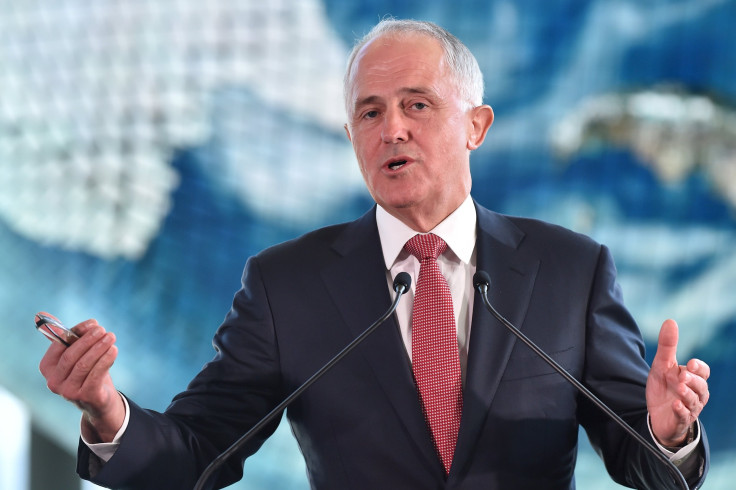World Bank says Australia will not benefit from trans-pacific partnership

The World Bank released a new report claiming that Australia stands to gain barely anything from the Trans-Pacific Partnership. The boost to Australia's economy will not even go beyond 1 percent come 2030.
According to the World Bank, mega trade deal that Australia signed with 11 other countries like the United States, Singapore and Japan among others will not bring as much economic benefit to the country. In fact, it will only boost the country's economy by around 0.7 percent come 2030. The report also indicated that the annual boost to growth is below one half of one 10th of 1 per cent. It is the first comprehensive economic analysis on the deal.
Similarly, World Bank also claims that Vietnam will benefit greatly from the deal among other members of TPP. The country's economy will be 10 percent larger come 2030. Malaysia and New Zealand will grow by 8 and 3 percent respectively. Singapore will also grow similarly as the latter.
United States joins Australia on benefitting the least from the deal. The study claims that the West will also get around 0.4 percent of economic boost by 2020. Non-members may also struggle as members will direct trade to their fellow. Thailand will lose the biggest with its exports expected to fall at around 2 percent. Vietnam's exports are expected to grow by as much as 30 percent.
India's Commerce Minister, on other hand, believes that the TPP will not be a threat to the country's foreign trade.
“There is nothing to worry about the adverse impact of TPP on India. We have taken necessary steps to boost India’s trade and investment in the wake of emerging new trade architecture”, explained Commerce and Industry Minister Nirmala Sitharaman during the CII Partnership Summit in Vishakhapatnam, Andhra Pradesh, via The Dollar Business.
The minister added that the government has already taken the necessary measures to address the “emerging new trade architecture."





















